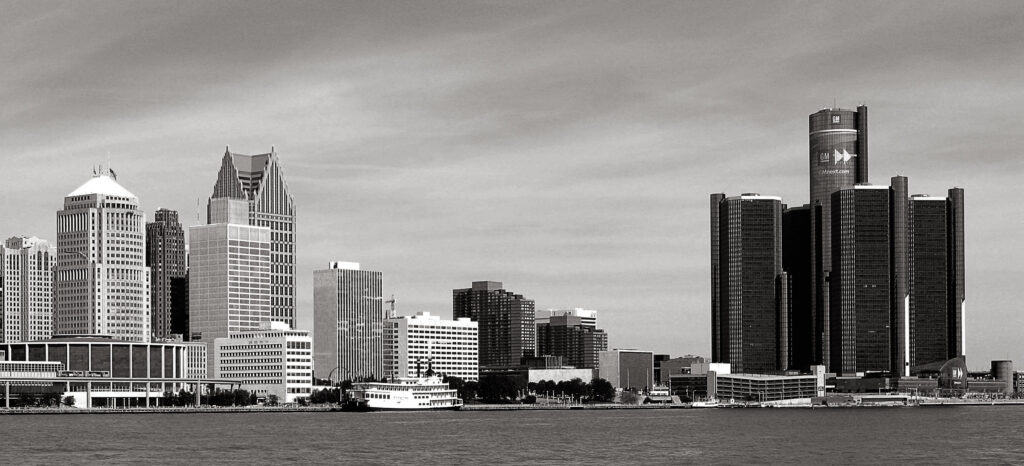Property taxes in Detroit and elsewhere assess and tax both the value of the land itself and any improvements made upon it. As everyone who owns land understands, this increases the cost of building, as not only must the owner pay for the improvement itself but also any higher property tax that will likely result. That resulting property tax acts as a disincentive to develop — or even maintain — property, encouraging owners to do nothing with unused land. This is a particular challenge in Detroit, named by the Lincoln Institute of Land Policy as having the highest property tax rates in the country.
A land tax only assesses the value of the land itself and not any improvements made to it. Thus the additional tax cost of making improvements is removed as is the associated disincentive. Detroit also plans to make the shift to a land use tax revenue-neutral, meaning that the city will not lose money as it shifts tax burdens from those with developed property to those with vacant or underdeveloped land.
In an article in The Economist, the author writes,
Right now, says Alex Alsup of Regrid, a data firm, Detroit has “a very pure version of speculation”. As downtown booms, people who bought land nearby years ago—such as the owners of the car parks—merely have to wait for investment nearby to raise the value of their own land. Higher taxes might force them to sell up to people who will build on it. “It is entirely possible that this land tax has the ability to free up properties,” says Kofi Bonner, the CEO of Bedrock.
The bigger immediate benefit, though, comes from reducing taxes on most residents. The city argues that 97% of homeowners will get a tax cut. Lower tax rates on improvements ought to encourage people to invest in properties—and help some avoid falling behind on their taxes.
A proposal that ends the disincentive to develop or maintain properties while holding tax revenue constant is worth examining for all cities.
